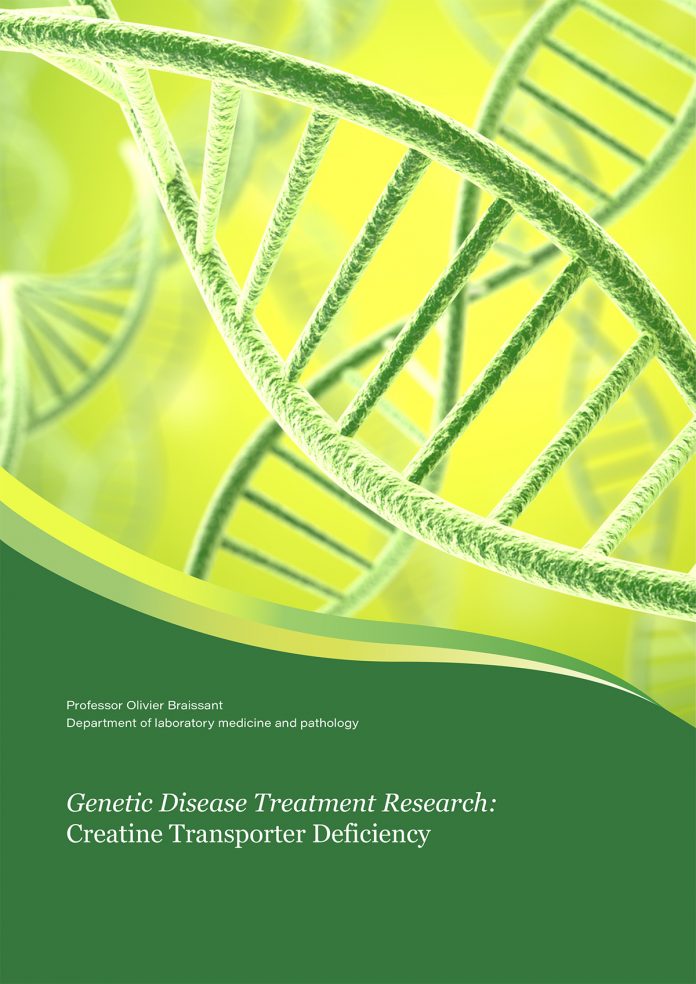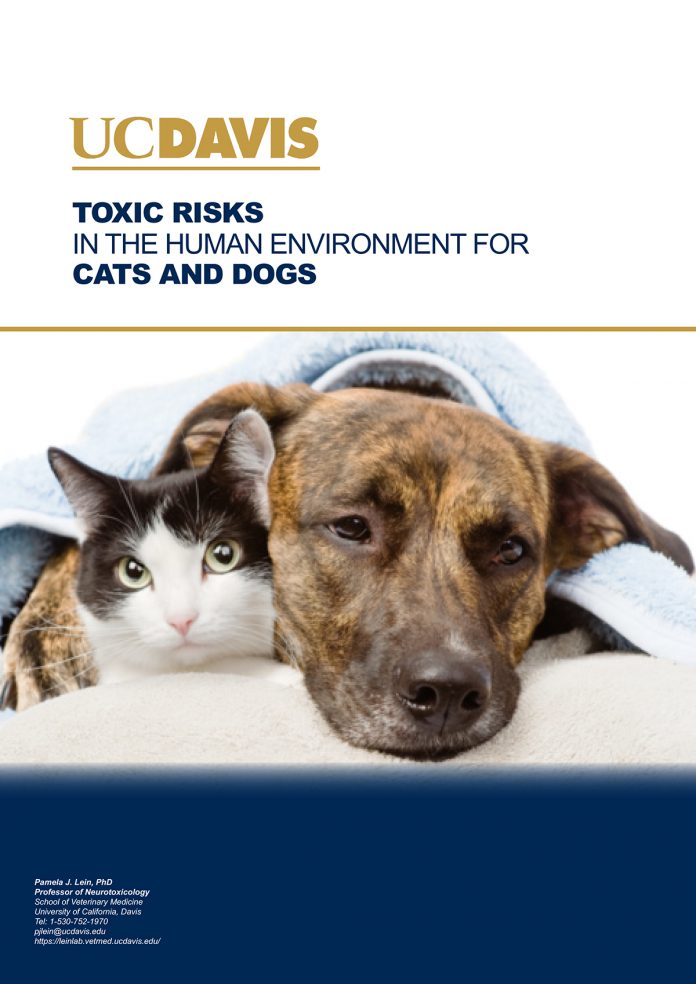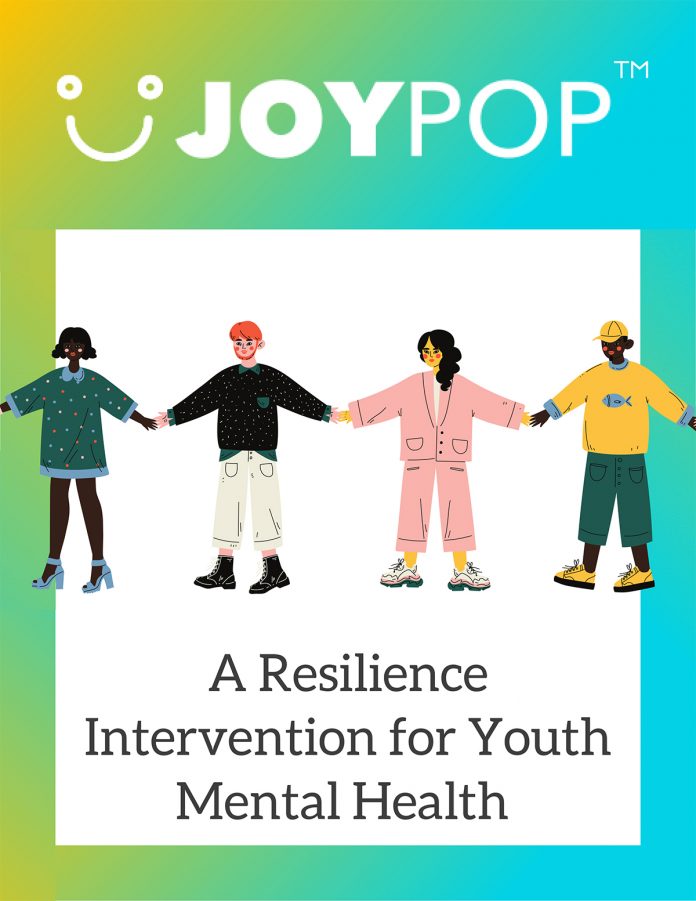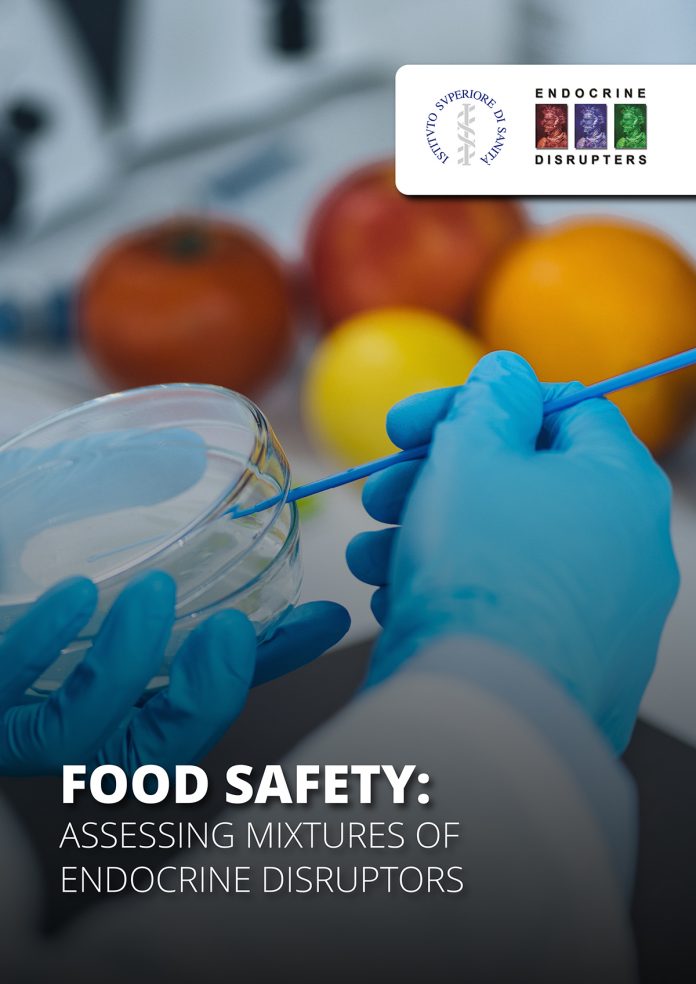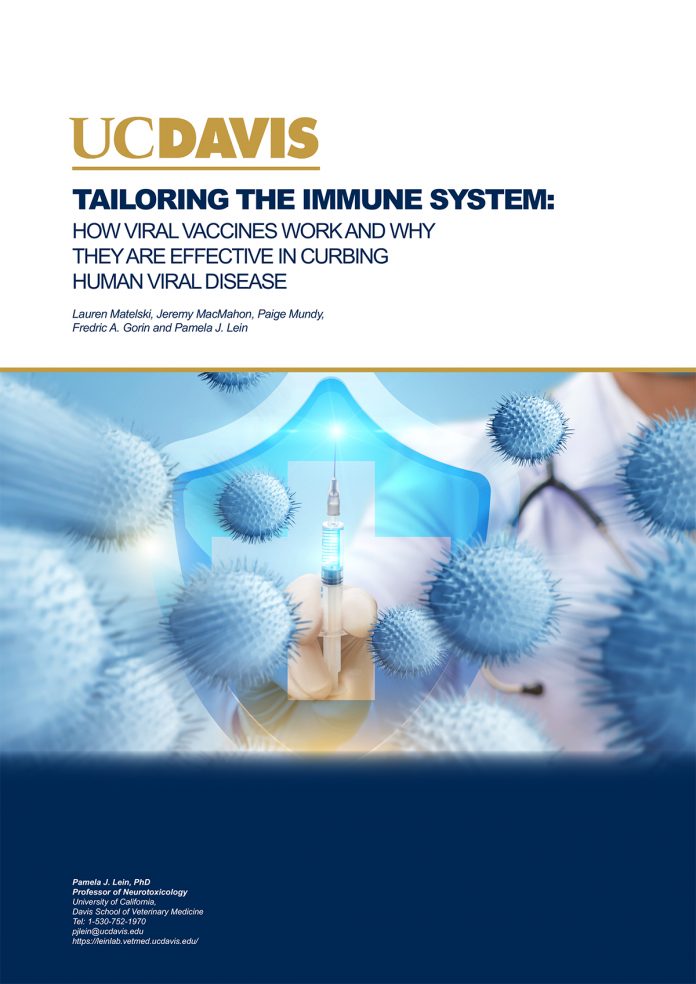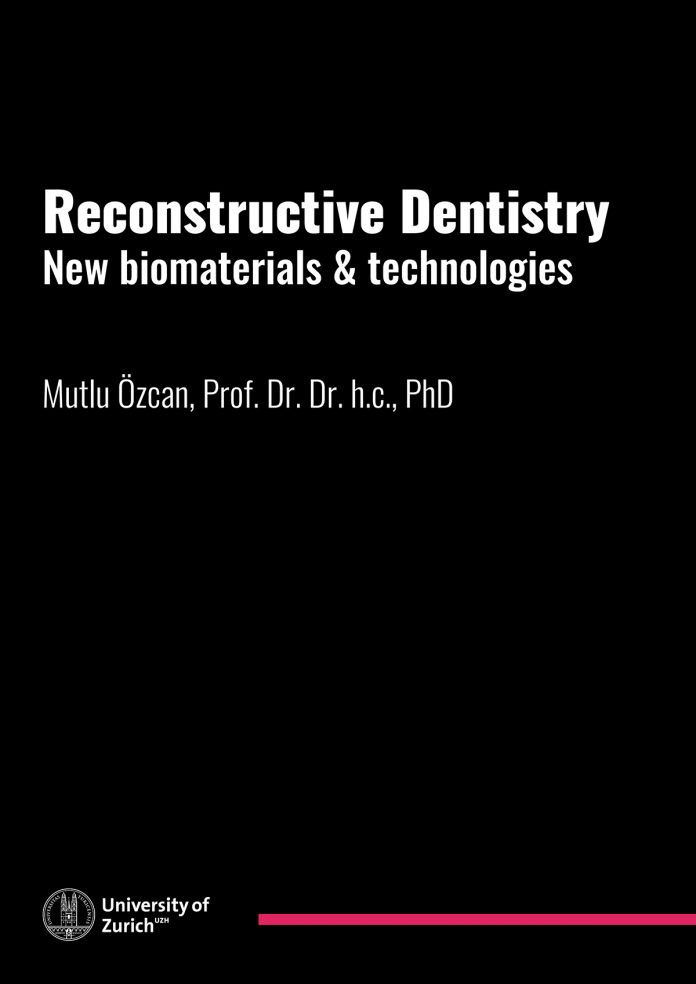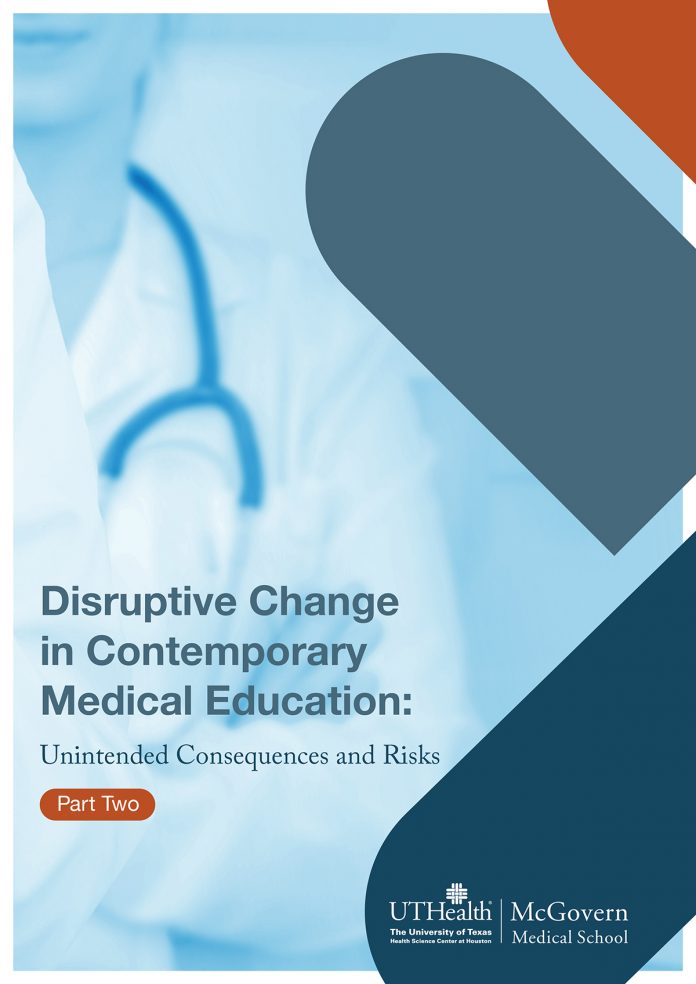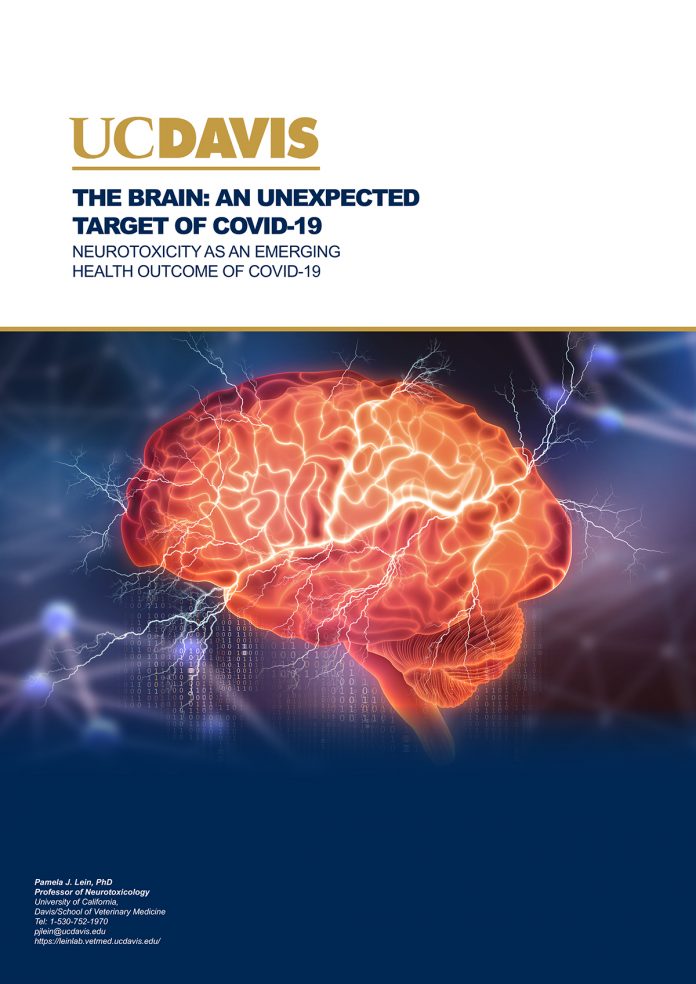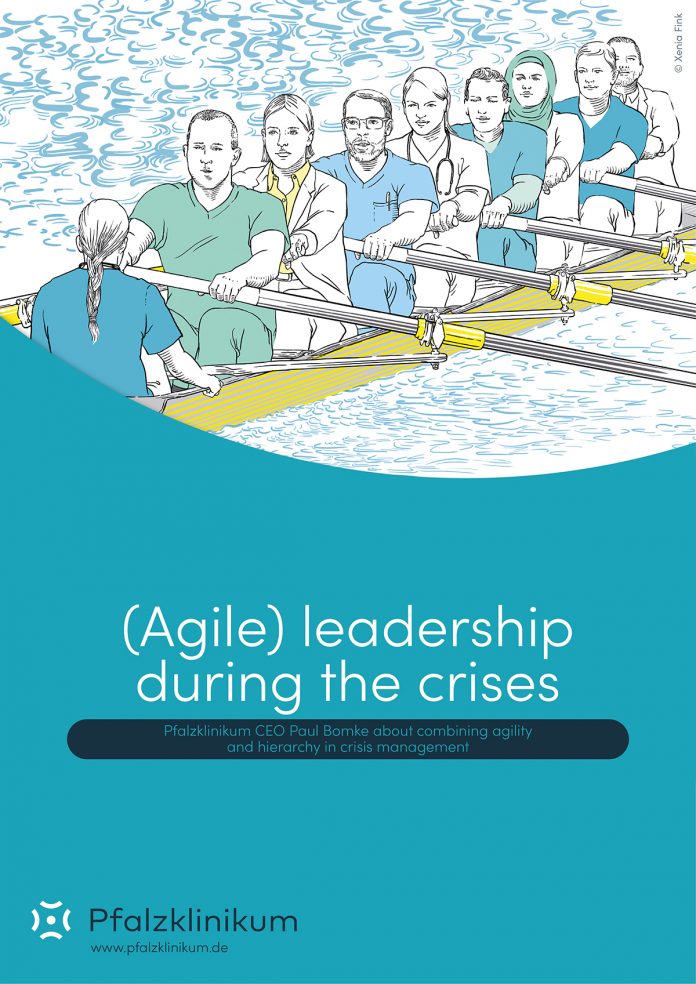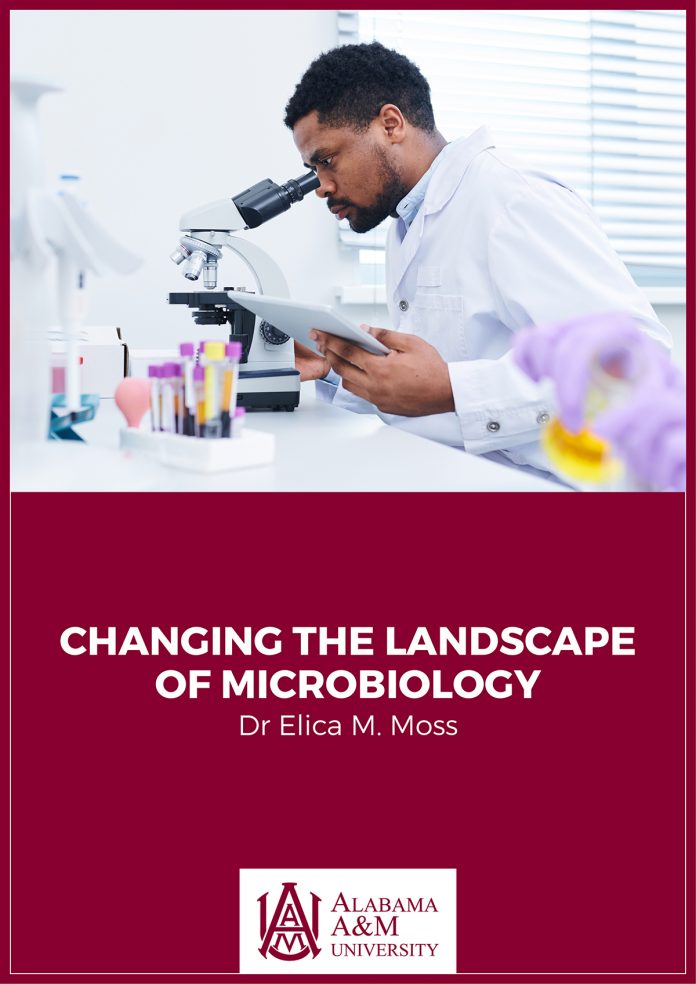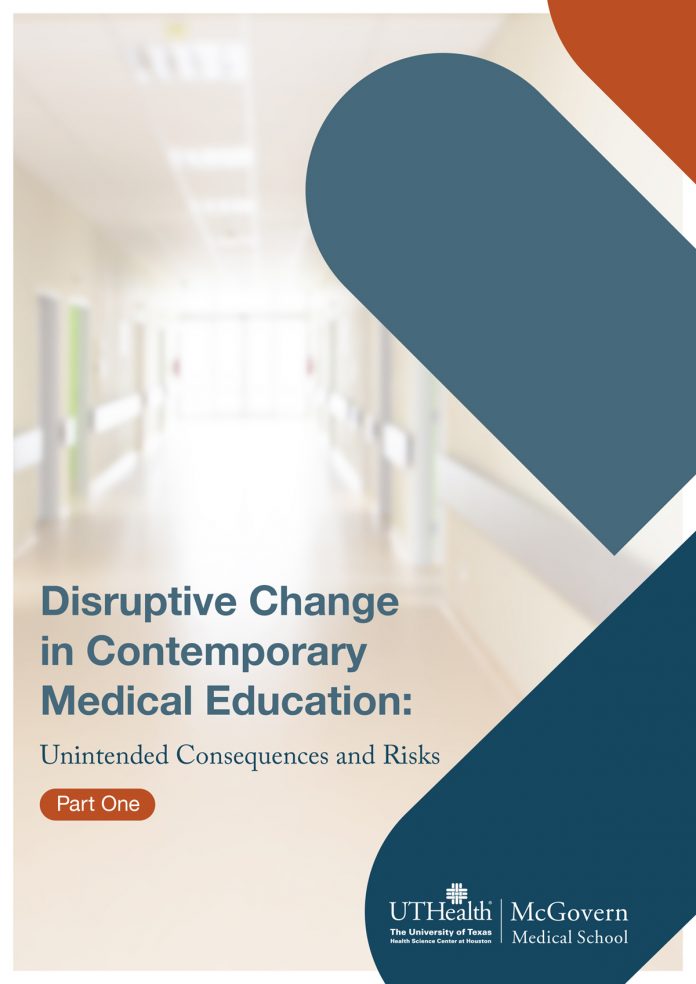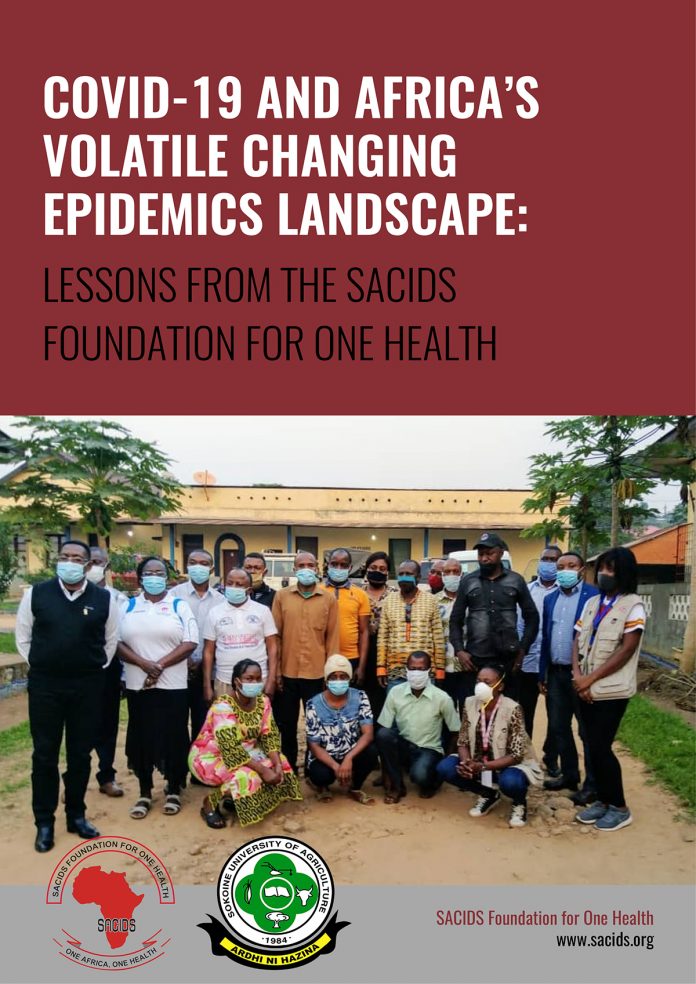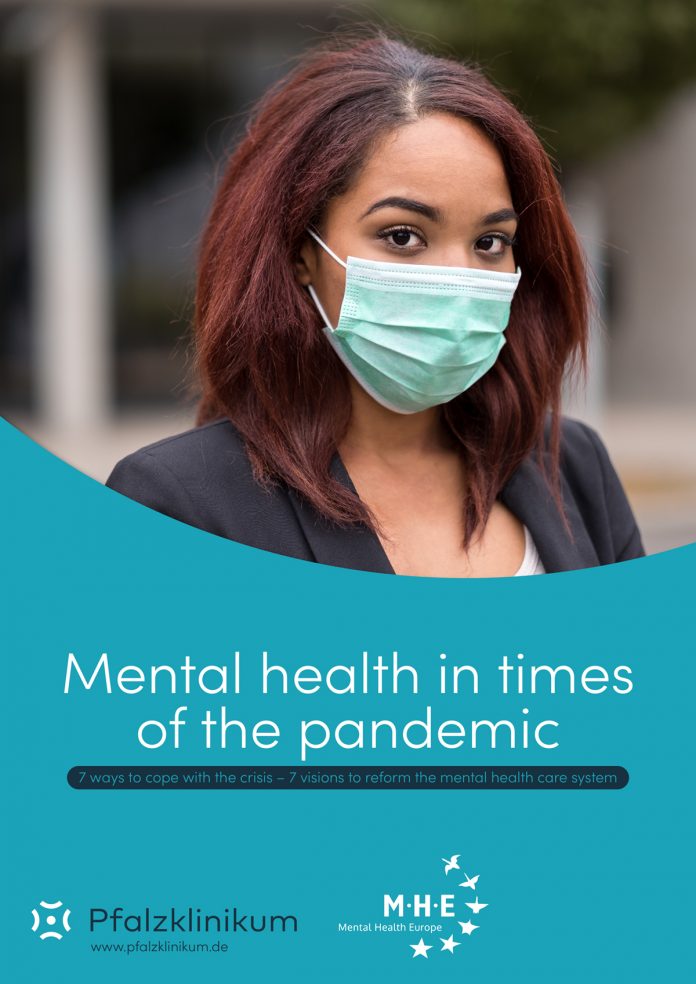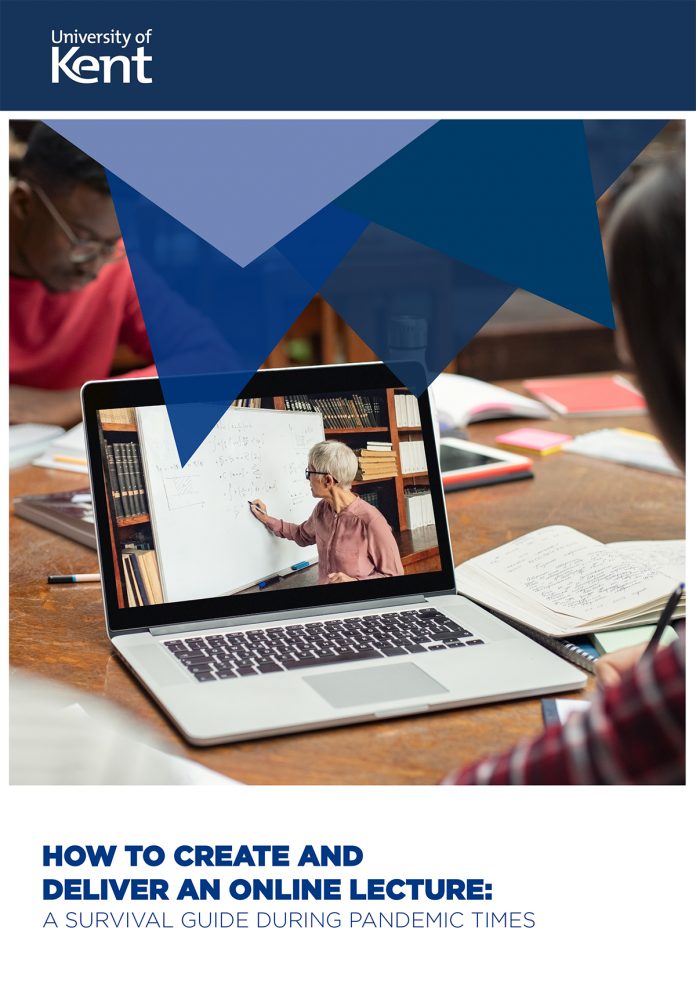Genetic Disease Treatment Research: Creatine Transporter Deficiency
Here, Professor Olivier Braissant explains the challenges of treating genetic diseases - with a specific look at creatine transporter deficiency.
Toxic risks in the human environment for cats and dogs
Here, Pamela J. Lein, UC Davis, explains how crucial it is to be aware of toxic risks in the human environment for cats and dogs.
A resilience intervention for youth mental health
Here, Andrea Boles at Algonquin College, and Dr Christine Wekerle at McMaster University explore the need for an evidence-based application on the resilience and positive-emotionality of youth.
Food Safety: Assessing mixtures of endocrine disruptors
Here, Alberto Mantovani from Istituto Superiore di Sanità, Roma, Italy, discusses an aspect of food safety that concerns assessing mixtures of endocrine disruptors.
Tailoring the Immune System
Here, Professor Pamela Lein at University of California, Davis, explains how viral vaccines work - especially when it comes to human viral disease.
Family caregiver training in dementia care
Here, the Department of Medicine & Therapeutics discuss family caregiver training in dementia care.
Reconstructive Dentistry
Here, Professor Mutlu Özcan at the University of Zurich, discusses reconstructive dentistry via the lens of new biomaterials and technologies.
Disruptive Change in Contemporary Medical Education
Here, L. Maximilian Buja, MD, explains the nuances of disruptive change in contemporary medical education and proposes solutions.
Climate change, environmental justice and COVID-19
Here, Professor Pamela Lein at University of California, Davis, explains the 'perfect storm' unfolding in the intersection of climate change, environmental justice and COVID-19.
The Brain: an unexpeted target of COVID-19
Here, Professor Pamela Lein at University of California, Davis, discusses the relatively unexplored issue of the human brain as a target of COVID-19.
Agile Leadership during the crisis
Here, Pfalzklinikum discuss why agile leadership during the crisis will shape how an organisation emerges from COVID-19.
Changing the landscape of microbiology
Here, we interview Dr Elica M Moss, Research Assistant Professor at Alabama A&M University, about her work and how it seeks to change the landscape of microbiology.
Disruptive change in contemporary medical education
Here, L. Maximilian Buja, MD, describes a disruptive change in contemporary medical education and explains the unintended consequences of that change.
COVID-19 and Africa’s volatile changing epidemics landscape
Here, SACIDS Foundation for One Health discuss the volatile changing epidemics landscape in Africa.
Mental health in times of the pandemic
Here, Pfalzklinikum discusses the pertinent issue of mental health in the times of the pandemic.
Bridging the gap between clinical trials and clinical care
Here, Tatiana Affini Dicenzo and Freimut Schliess discuss bridging the gap between clinical trials and clinical care, specifically exploring if wearables are fit for this purpose.
Air pollution and brain health
Here, Professor Pamela J. Lein and Professor Anthony S. Wexler of Neurotoxicology discuss the crucial issue of air pollution and brain health.
Contaminants and infections: A link to explore
Here, Alberto Mantovani of the Endocrine Disruptors Project here discusses what there is to learn from the recent COVID-19 pandemic.
How to create and deliver an online lecture: A survival guide during pandemic times
Professor Darren Griffin, University of Kent, and Dr Julia Stephenson, Brunel University London, discuss how to create and deliver an online lecture during these pandemic times
Digitisation and Healthcare in the UK
Here, Fujitsu discuss the plan for changing current situation of digitisation and healthcare in the UK.


